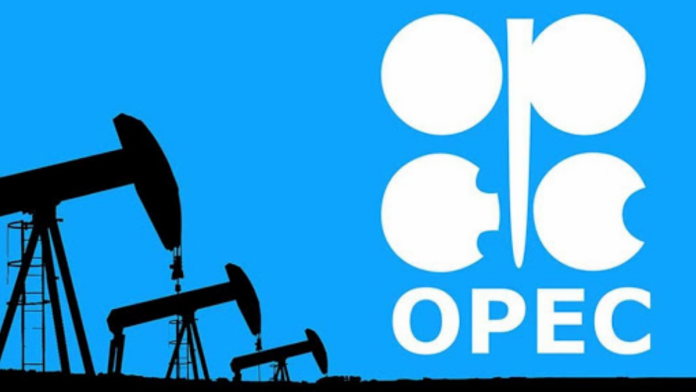With the deadlock over oil output still unresolved, the 23 member states of OPEC+ gathered again today to reach a consensus on oil output.
Since May 2021, OPEC+ states have continuously raised oil output, bit by bit, after drastically reducing it in 2020, in wake of the slump in demand. The current proposal tabled, is to increase output each month from August to December by 400,000 barrels per day (BPD), providing oil markets with an additional two million BPD by the end of the year. However, it is the suggestion of extending the agreement on incremental increases until the end of 2022 that has caused a hitch. The hold-out is the UAE, which on Sunday criticised that extension as unjust. A video conference between OPEC members and their 10 allies was scheduled for 1300 GMT, today to try and resolve the impasse.
The last time oil prices peaked to such levels was in October 2018. Nonetheless, reintroduction of the deficit barrels into the market has been stalled several times in the wake of the Covid-19 pandemic, and at present, the alliance is still not pumping 5.8 million bpd of the initial figure. Consequently, the April 2022 deadline now seems too close, and some members want to extend the reintroduction period until December 2022 – a proposal which the UAE staunchly opposes.
It was this question that caused last week’s OPEC talks to break down. The meetings, typically highlighted big players like Russia and Saudi Arabia, were confronted with the UAE’s refusal to toe the line. “What was expected to be a relatively peaceful OPEC+ meeting has become a very lengthy and uncertain one,” said commodity analysts Kpler. Analyst Helima Croft, of RBC Capital Markets, went further.
“The prospect of a no-deal outcome – as well as a UAE OPEC exit, has risen materially, even if it has not yet fully entered into firm base-case territory,” she wrote. “The White House may need to work the phones over the weekend to help bridge the gap and prevent a breakdown scenario on Monday that could send prices spiralling higher.” But the OPEC alliance is used to disputes between its members. At the beginning of the year, it manoeuvred its way through a brief, but intense spat between Russia and Saudi Arabia, over oil prices.






